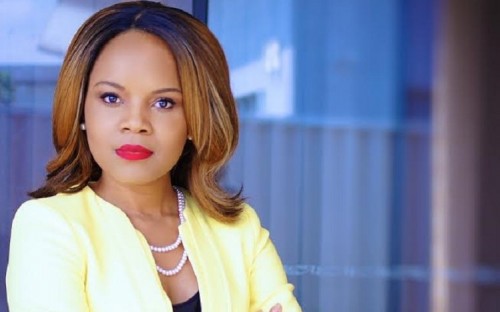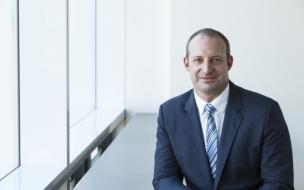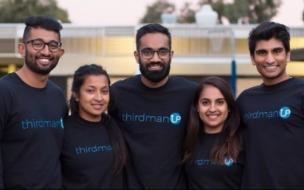Despite the challenges, new generations of social entrepreneurs are looking to Africa, determined to make a difference.
Fadzai Matambanadzo is a part-time MBA student at UWA Business School, making African dreams come true. She founded the African Dream Benefit, originally a grassroots non-profit organization, which uses education as a tool to tackle poverty in Africa and empower African youth.
Based in Perth, Australia, the African Dream Benefit’s leadership program awards scholarships to students of all ages at schools and colleges in Zimbabwe, Tanzania and Kenya.
Now, Fadzai's planning to take her organization to the next level and change its structure, from a non-profit model, to an innovative social enterprise model, which she hopes will help make a greater impact on African lives.
What are the future plans for the African Dream Benefit?
We are slowly transitioning the organization into a social enterprise. This will help us have a much greater impact and achieve greater scale.
We currently partner with Curtin University to deliver our leadership program. It’s proved to be successful and has great potential to have even more impact, if done through a different structure.
How did the idea originally come about?
When I was a teenager I decided that at some stage in my life I was going to set up a scholarship fund for young people in Africa. I never thought that I would do it at such a tender age, but I couldn’t wait!
I’ve always been passionate about education and addressing the root causes of poverty. Africa’s largest and most untapped resources are not buried under the ground, but lie in the people themselves.
What challenges do you face?
There are plenty of capable young people out there and the fact that we have to start splitting hairs to select scholars has always bothered me.
It’s like being a farmer who sows seeds, whose crops grows abundantly, but who cannot return to harvest them due to financial challenges. We only harvest 10% of the crop. The other 90% is wasted.
It’s a challenge, but it also shows the scale at which we need to be investing in the future leaders.
Why do you think MBA students increasingly favor making a social impact over financial gain?
It is a different generation. The up and coming millennials look beyond the company, its customers and investors, and towards the externalities of what they do and how they can make people’s lives better.
What advice do you have for MBAs looking to make a social impact?
The not-for-profit model is great, but we should move away from looking at it as the only way to have an impact in society.
MBA students have the capacity to work with different models in the not-for-profit, business and government sectors to achieve social impact.
Why did you decide to pursue an MBA at UWA?
In today’s world, you can’t run an organization without the mentality of constantly learning and challenging yourself.
Western Australia has the most culturally diverse universities in the country, and UWA was an institution with a strong record and good accolades.
How have you profited from your MBA experience?
UWA is one of best universities to do an MBA in Australia. I have met wonderful people from various parts of the globe, and it has certainly given me the springboard I needed to embark on the next stage in my career.
RECAPTHA :
46
8f
f3
48








